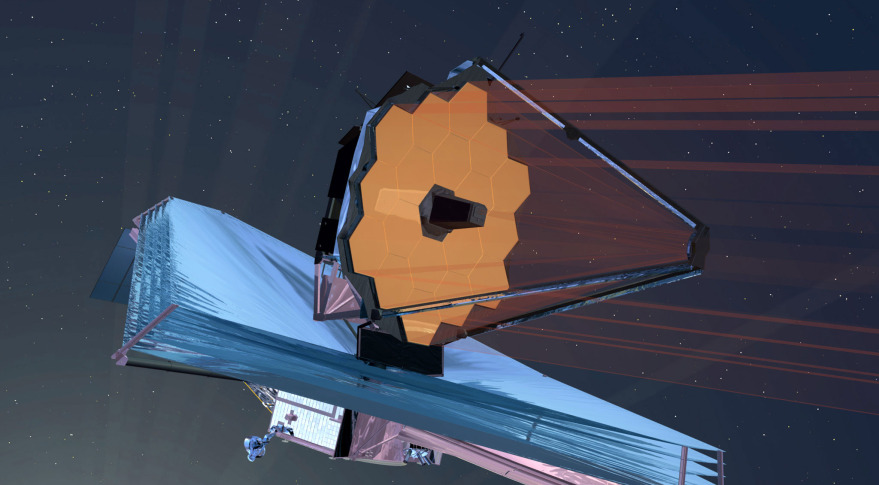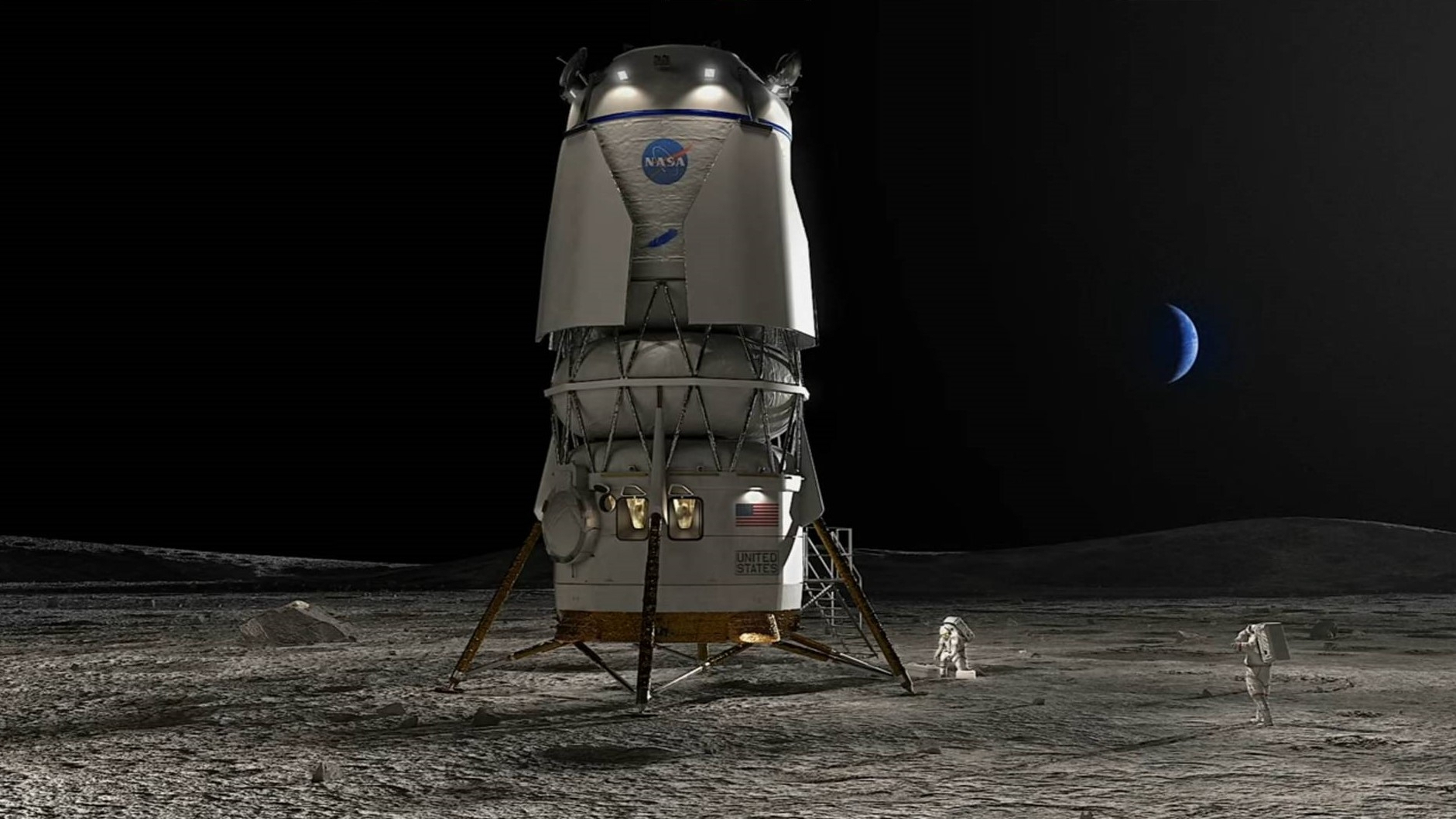Northrop CEO Offers to Link JWST Profit to Mission Success

WASHINGTON — The chief executive of Northrop Grumman said July 26 he is willing to make the profit his company earns on the James Webb Space Telescope contingent on the overall success of the mission.
In the second half of a two-part hearing by the House Science Committee on the mission's latest overruns, Wes Bush endorsed an idea discussed by the committee a day earlier to put all the award fees due to the company on its cost-plus contract into an account to be released only after the spacecraft is successfully commissioned in space after launch.
"As a mechanism to ensure we are all aligned on mission success, Northrop Grumman has actually discussed this with NASA, and we are willing to place all of the fee that we've already earned and the fee that we may earn in the future at risk based on successful activation and demonstration of the telescope on orbit," he said when asked about the proposal by the committee's chairman, Rep. Lamar Smith (R-Texas). [Photos: Hubble's Successor, the James Webb Space Telescope]
Smith pressed for more. "Would you agree to pay the 800 [million dollars] above capped costs?" he asked, a reference to the recent overrun above the mission's $8 billion cost cap.
Bush declined. "Our view on that is that would create more of a fixed-price relationship on this program, which would significantly impede and impair the relationship between NASA and Northrop Grumman," he responded. "As we are focused on mission success, we think that would be the wrong approach."
Smith said he was disappointed. "I only wish that Northrop Grumman was willing to take responsibility and show a little bit more good faith," he said. "But it sounds like you've made up your mind. I just happen to disagree with you."
At the end of the hearing, Smith again questioned Bush on issues such as the financial impact the cost overruns have had on Northrop and whether any employees responsible for human errors that led to delays had lost the jobs.
Get the Space.com Newsletter
Breaking space news, the latest updates on rocket launches, skywatching events and more!
"With respect to the mistakes we're talking about here today, I do not recall any losing their jobs," Bush said.
Smith grew frustrated when Bush repeatedly declined to state the company's profit last year, offering instead to provide that information for the record to ensure its accuracy. "How could a CEO not know what the profit of his company was last year?" Smith asked.
Northrop Grumman reported net earnings of just over $2 billion in 2017, according to the company’s 10-K filing with the U.S. Securities and Exchange Commission in January 2018.
Smith's questioning, though, was largely the exception to the rule in the hearing. Other members seemed less interested in assigning blame than seeking assurances that the problems that caused the latest overrun have been corrected.
"I'm not here to berate Northrop Grumman and its associated subcontractors, but rather see what needs to be done to keep this from happening again," said Rep. Eddie Bernice Johnson (D-Texas), ranking member of the committee, in her opening statement.
"I want to take issue with, I think, overstated allegations of poor management," said Rep. Don Beyer (D-Va.). "We make the best decisions we can on a minute-by-minute basis, with the best advice we have, and sometimes we're still going to get it wrong."
Bush said the company was taking steps to minimize the possibility of future problems, including a "safety net" to catch human errors early enough to limit their impact. "We're never going to be able to get human errors to zero. The word 'human' in that equation tells you that," he said.
"I feel very, very good about where we are in that regard," he said of those efforts to limit errors, adding the company has accepted and was implementing the recommendations of an independent review board (IRB) that released its final report a month ago.
Tom Young, the chairman of that board, argued at the hearing that NASA should reconvene the board in the near future — perhaps in the latter half of September — to check that the recommendations are being implemented. "Our belief is that it should be done. The IRB is willing to do that, and we personally think that it needs to be done early enough in the process that it can have an impact and late enough where things have been done," he said.
While most members appeared satisfied with Northrop Grumman's efforts to address the JWST overrun, and highlighted the science and inspirational benefits, one congressman was not moved.
"I cannot join you in this uplifting testimony," said Rep. Dana Rohrabacher (R-Calif.) Whoever was responsible for JWST at the company, he told Bush, "failed us and failed the American people."
This story was provided by SpaceNews, dedicated to covering all aspects of the space industry.
Join our Space Forums to keep talking space on the latest missions, night sky and more! And if you have a news tip, correction or comment, let us know at: community@space.com.

Jeff Foust is a Senior Staff Writer at SpaceNews, a space industry news magazine and website, where he writes about space policy, commercial spaceflight and other aerospace industry topics. Jeff has a Ph.D. in planetary sciences from the Massachusetts Institute of Technology and earned a bachelor's degree in geophysics and planetary science from the California Institute of Technology. You can see Jeff's latest projects by following him on Twitter.

